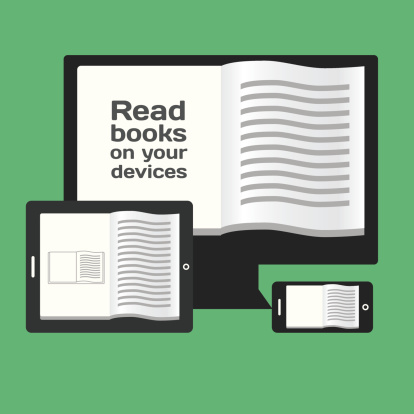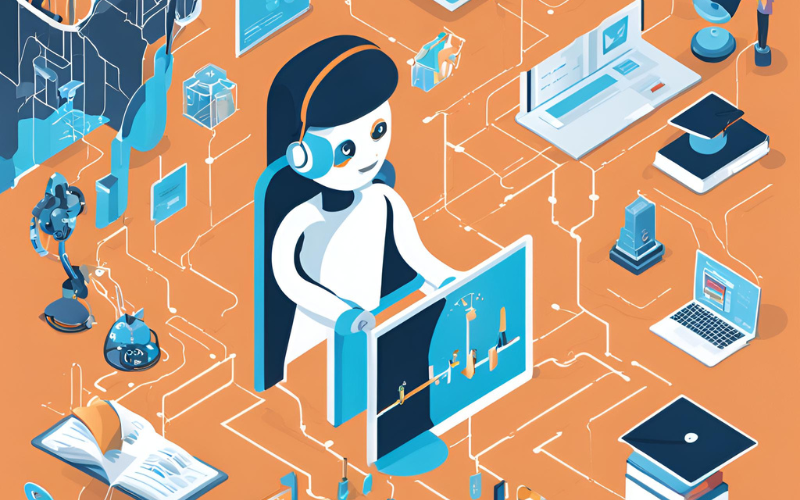
By Dr. Melissa Layne, Director of Research Methodology and Editor-in-Chief, Internet Learning Journal
Internet Learning is an open access journal published by American Public University System in partnership with the Policy Studies Organization. Since the publication of our inaugural issue in 2012, we continue to provide and promote scholarship that mirrors our digitized world by:
- Expanding editorial and reviewer boards with highly-regarded experts and visionaries in in the field of online learning
- Broadening our reader and author audience by disseminating scholarship in traditional paper, online, and kindle versions via Westphalia Press
- Striving to make research more visible to readers via press releases, research alerts, social media outlets, and professional blogs
- Utilizing digital publishing tools that promote content marketing, social media engagement, targeting and personalization, conversion rate, and mobile optimization
- Soliciting high quality articles that tell a story by making use of visualization tools, audio, graphic, video, animation, and simulations
- Encouraging authors to self-promote their research through academic-related social networks
In a few short years, Internet Learning has doubled the size of its reviewer board, the members of which come from diverse backgrounds ranging from faculty to academic leaders, published authors, editors, graphic designers, and entrepreneurs. It’s not your typical or traditional journal. We embrace innovation and the opportunities and challenges that come with it. Below are just a few examples of the innovations that are helping us optimize the scope of content of our online journal.
Digital Publishing
It’s increasingly important that content is easy to find, download, cite, and is viewable across many platforms, as set forth by Adobe’s Quarterly Digital Intelligence Briefing: 2014 Digital Trends. Digital publishing tools addressing content marketing, social media engagement, targeting and personalization, conversion rate optimization, and mobile optimization are essential for every publisher who wants to stay ahead of the competition.
Digital Authorship
I believe digital authorship is the most dramatic enhancement that benefits our authors and contributors in the digital age. In addition to exposure provided by our editorial and publication teams, our authors play a vital role in increasing the visibility and impact of their research. At Internet Learning, we encourage authors to promote their work by creating accounts in academic social networks such as Academia.edu and Researchgate.net to boost readership.
In addition to research, promotion, and peer collaboration—these networks offer Altmetrics. This valuable online tool analyzes the quantity and the quality of attention being paid to an article by visualizing it via citations, page views, and news, blogs, and Google+ posts. Users can review their Altmetric score, which is the number rating framed in the colored circle of the report. The score provides valuable feedback and quantified metrics, which allow authors and editors to see a more complete understanding of an article’s performance.
This new emphasis on the “quantified self” is empowering authors by letting them manage the level of exposure that they desire. In short, the sky is the limit to what we can accomplish.
Melissa Layne, Ed.D., is the Director of Research Methodology at American Public University System. In addition to her role at APUS, she serves as the Editor-in-Chief for the Internet Learning Journal.











